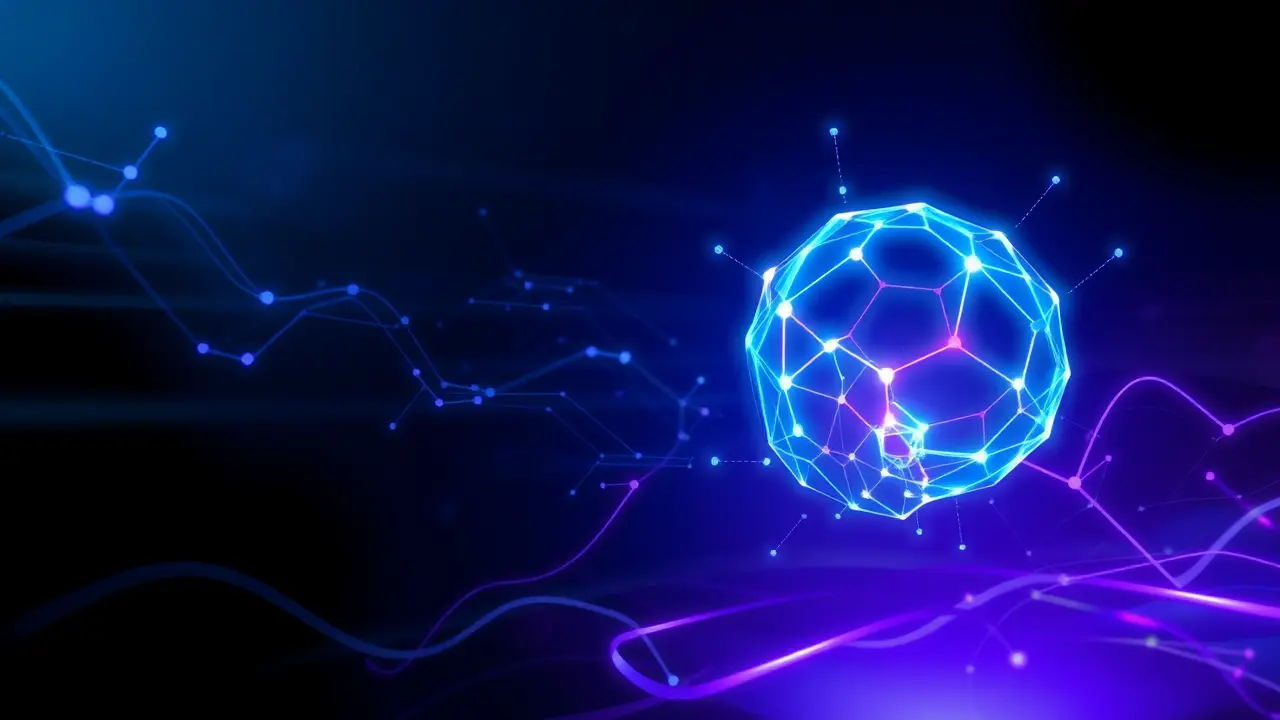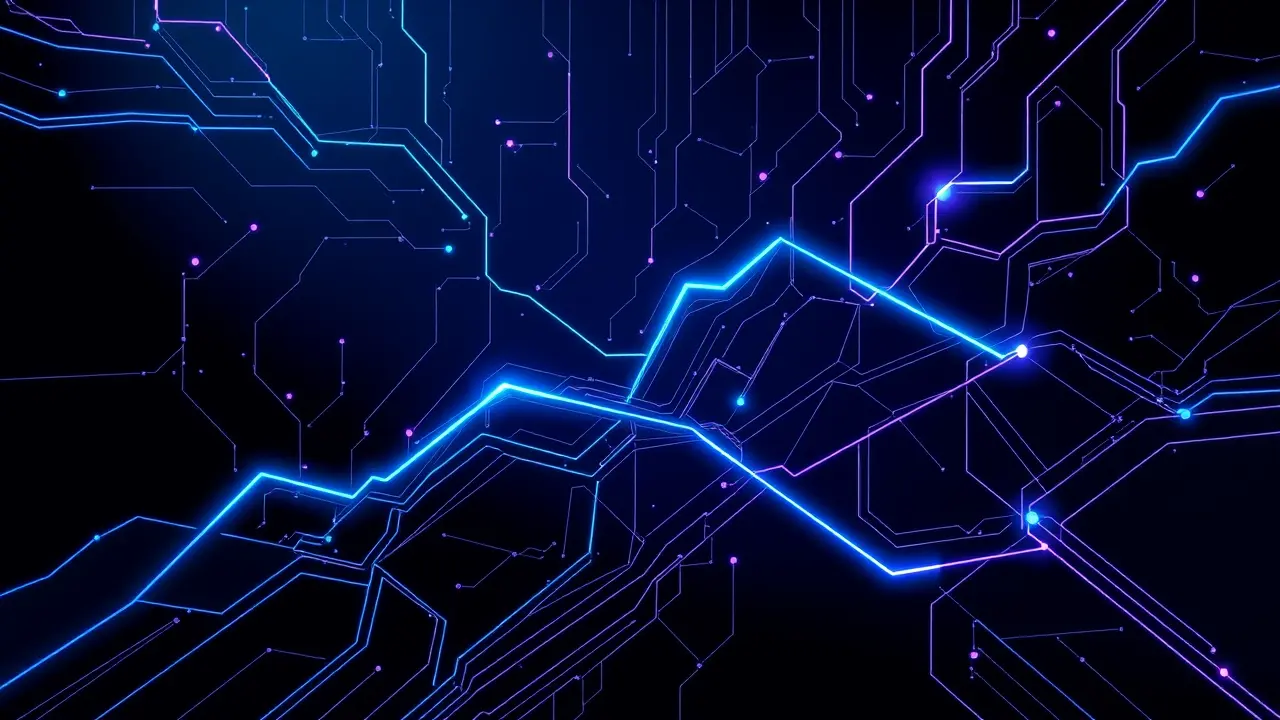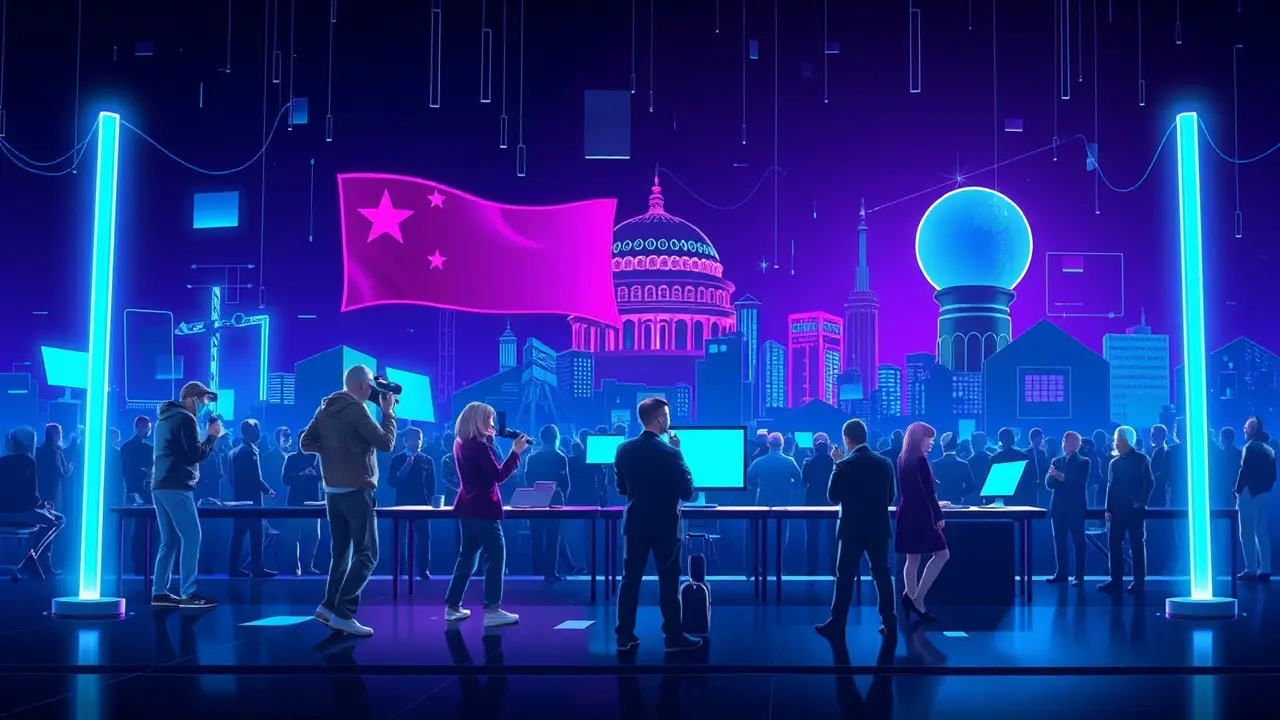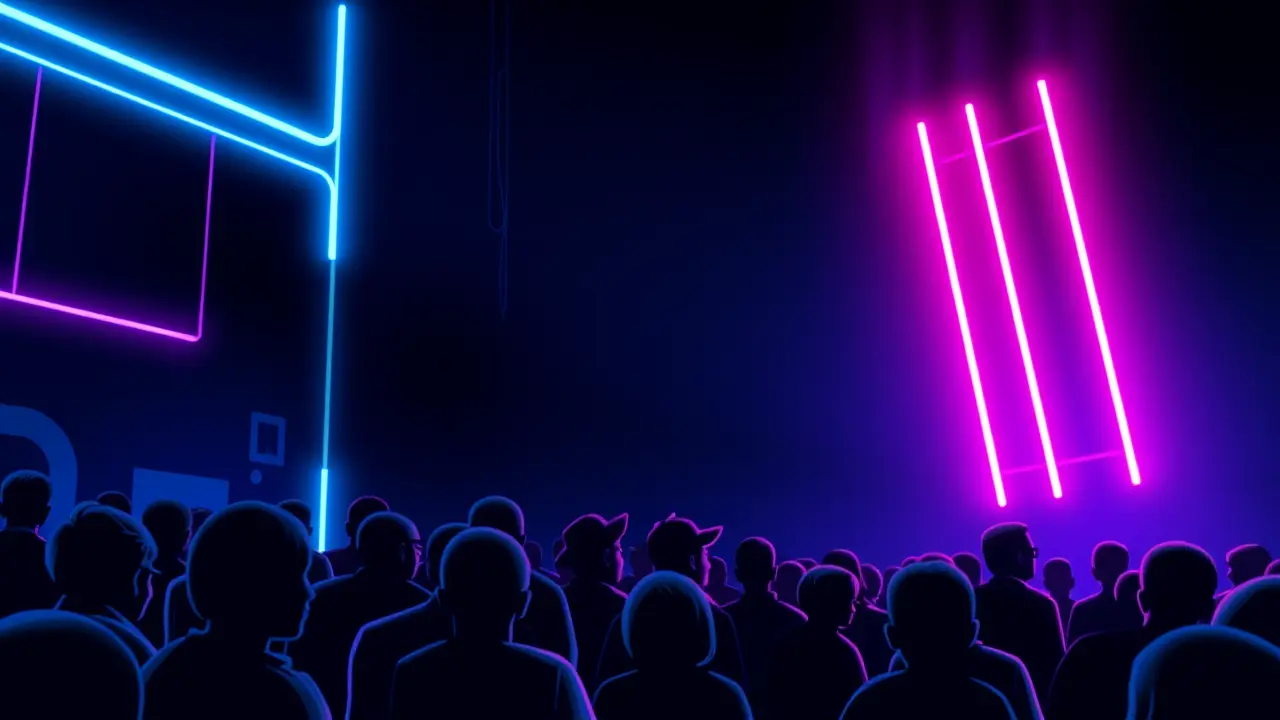
OthereducationEdTech Innovations
University Uses AI to Prepare Students for Future Careers
DA
Daniel Reed
3 hours ago7 min read
The growing use of data and technologies such as artificial intelligence (AI) – computer systems that can copy intelligent human behaviour – has enabled companies to offer their customers more individualised products and services, which have transformed many different parts of people’s everyday lives. Personalised learning – a student-focused educational approach that tailors the instruction based on an individual’s strengths, interests and goals – is also becoming increasingly popular with universities now leveraging large language models (LLMs) to fundamentally reshape pedagogical frameworks.This isn't merely about automated grading systems; we are witnessing the emergence of dynamic, adaptive learning platforms that analyze a student's problem-solving patterns in real-time, identifying conceptual weaknesses with a precision that eludes even the most experienced human tutors. The core mechanism operates on transformer architectures similar to those powering models like GPT-4, which process a student's entire interaction history—from forum posts to submitted code—to construct a granular cognitive profile.This allows the system to generate custom-tailored curricula, suggesting specific research papers, adjusting the difficulty of problem sets, or even generating unique practice scenarios that target a student's particular knowledge gaps. The implications for computer science and data science curricula are profound, as these fields evolve at a velocity that traditional syllabi cannot match.However, this technological integration raises critical questions in AI ethics and policy, echoing the very debates I follow around Asimov's principles; we must consider the data privacy implications of such intimate student profiling and the potential for algorithmic bias to inadvertently steer certain demographics away from challenging topics. The open-source community is already responding with projects like OpenEdTech, which aims to build transparent, auditable AI tutors, a development I find more promising than proprietary black-box systems.Looking at the historical precedent, this shift is comparable to the introduction of the printing press, which democratized access to knowledge but also required a complete overhaul of educational structures. The long-term consequence is a redefinition of the professor's role from a knowledge-dispenser to a mentor who facilitates critical thinking and ethical reasoning—skills that remain, for now, uniquely human.As we edge closer to discussions about Artificial General Intelligence (AGI), these educational AIs serve as a crucial testbed for human-AI collaboration, providing invaluable data on how we can build systems that augment rather than replace human intellect. The universities pioneering this change are not just preparing students for the job market; they are actively participating in one of the most significant socio-technological experiments of our time, the outcomes of which will undoubtedly influence the development of AI governance and its eventual role in all facets of society.
#featured
#artificial intelligence
#personalized learning
#higher education
#career preparation
#AI in education
#university
#skills development
Stay Informed. Act Smarter.
Get weekly highlights, major headlines, and expert insights — then put your knowledge to work in our live prediction markets.
Related News
Comments
Loading comments...
© 2025 Outpoll Service LTD. All rights reserved.













